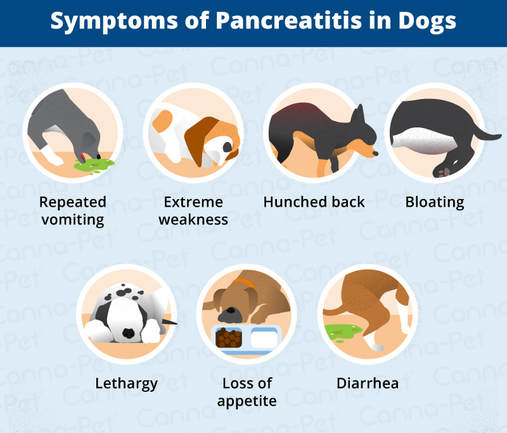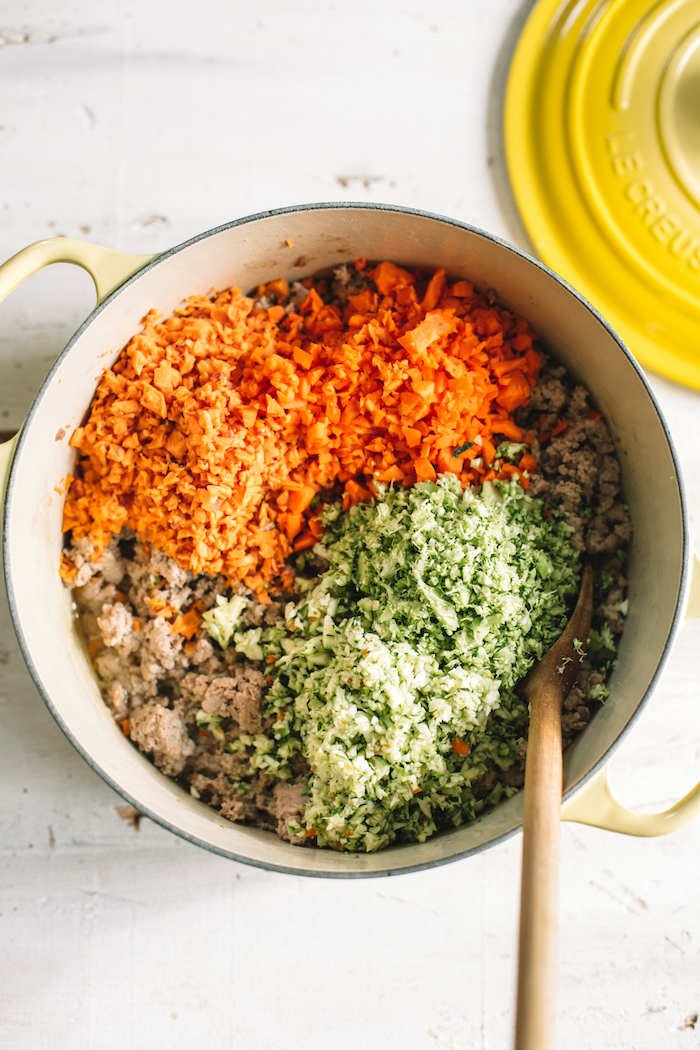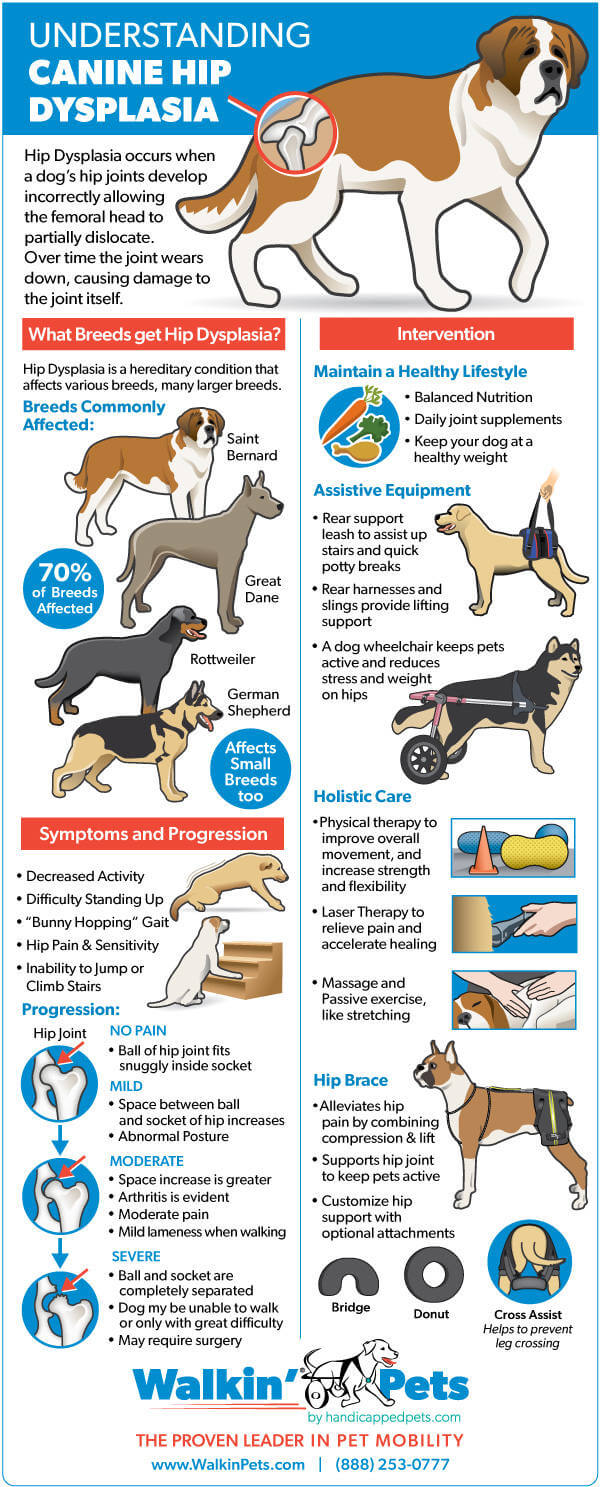Understanding Pancreatitis in Dogs
Pancreatitis is a condition that affects dogs’ pancreas, causing inflammation and digestive problems. As a concerned dog owner, it’s crucial to understand the causes, symptoms, and management of this condition to ensure your furry friend’s well-being.
Causes and symptoms of pancreatitis in dogs
Pancreatitis in dogs can be caused by various factors, including high-fat diets, obesity, certain medications, and underlying diseases. Common symptoms include abdominal pain, vomiting, diarrhea, loss of appetite, and lethargy. It’s essential to look out for these signs and seek veterinary assistance if you suspect pancreatitis.
Diagnosing and managing pancreatitis in dogs
If pancreatitis is suspected, your veterinarian will perform a thorough physical examination, blood tests, and possibly an ultrasound to diagnose the condition. Treatment may involve a combination of specific medications, dietary changes, and supportive care to alleviate symptoms and manage the condition long-term. It’s crucial to follow your vet’s recommendations and provide a balanced homemade diet specifically formulated for dogs with pancreatitis.
Remember, early detection and proper management are key to ensuring your dog’s health and quality of life. Consult with your veterinarian for personalized guidance and recommendations for your furry friend’s specific needs.

Creating a Homemade Diet for Dogs with Pancreatitis
Importance of a specialized diet for dogs with pancreatitis
When a dog is diagnosed with pancreatitis, a specialized diet becomes essential for their health and well-being. Pancreatitis is an inflammation of the pancreas, and certain foods can trigger flare-ups and worsen symptoms. By crafting a homemade dog food specifically tailored for pancreatitis, you can provide your furry friend with the right nutrients while minimizing digestive stress.
Guidelines for crafting homemade dog food for pancreatitis
- Low-fat Ingredients: Avoid fatty meats, oils, and dairy products. Instead, opt for lean proteins like chicken or turkey breast.
- High-Quality Carbohydrates: Include easily digestible and low glycemic index carbohydrates like sweet potatoes and brown rice.
- Plenty of Fiber: Fiber aids in digestion and can be sourced from vegetables like green beans, carrots, and pumpkin.
- Proper Supplementation: Incorporate essential vitamins and minerals to ensure a balanced diet. Consult a veterinarian for appropriate supplements.
- Portion Control: Consistency is key. Feed smaller, frequent meals to reduce the strain on the pancreas.
By following these guidelines, you can provide your dog with a homemade diet that supports their pancreatic health and improves their overall well-being. Remember to consult with your veterinarian to ensure the homemade diet meets your dog’s specific needs.

Essential Ingredients for Homemade Dog Food for Pancreatitis
Lean protein sources for dogs with pancreatitis
When it comes to homemade dog food for pancreatitis, it is important to focus on lean protein sources to ensure that your furry friend gets the necessary nutrients without overloading the pancreas. Chicken breast, turkey breast, and white fish like cod or sole are all excellent options. Remember to remove the skin and fat before cooking to keep the dish low in fat content.
Low-fat carbohydrate options for homemade dog food
Carbohydrates are an important energy source for dogs, but for those with pancreatitis, it’s crucial to choose low-fat options. Some suitable choices include sweet potatoes, brown rice, and oatmeal. These carbohydrates are gentle on the pancreas and provide essential nutrients. It’s best to include cooked and mashed vegetables like carrots or green beans to add fiber and support digestion.
By using lean proteins and low-fat carbohydrates in your homemade dog food recipe, you can cater to your dog’s specific needs while still providing a delicious and nutritious meal.

Meal Planning and Preparation for Dogs with Pancreatitis
Balancing nutrients in homemade dog food for pancreatitis
When it comes to dogs with pancreatitis, a carefully planned homemade diet can help manage their condition. It’s important to focus on providing a low-fat, high-fiber diet that is easily digestible. Including lean proteins like chicken or turkey, along with vegetables like carrots or green beans, can help meet their nutritional needs while avoiding flare-ups. It’s also a good idea to consult with a veterinarian or a veterinary nutritionist to ensure your dog’s dietary requirements are being met.
Creating a feeding schedule and portion control
Establishing a regular feeding schedule is crucial for dogs with pancreatitis. Feeding smaller, more frequent meals can help prevent overloading the pancreas and reduce the risk of triggering digestive issues. It’s essential to monitor your dog’s weight and adjust the portion sizes accordingly to maintain a healthy balance. Remember to avoid feeding table scraps or high-fat treats, as these can exacerbate pancreatitis symptoms. By carefully planning and controlling your dog’s meals, you can help manage their pancreatitis and ensure their overall well-being.

Supplementing a Homemade Diet for Dogs with Pancreatitis
When it comes to providing the right nutrition for dogs with pancreatitis, supplementing a homemade diet is crucial. Dogs with pancreatitis require a low-fat diet that is gentle on their digestive system. Here are some key points to consider when supplementing their diet:
Recommended supplements for dogs with pancreatitis
- Digestive enzymes: These supplements assist in breaking down food properly, allowing for easier digestion and absorption of nutrients.
- Omega-3 fatty acids: These help reduce inflammation and support overall health. Fish oil or flaxseed oil are good sources of omega-3 fatty acids.
- Probiotics: These beneficial bacteria aid in maintaining a healthy gut microbiome, which can be disrupted in dogs with pancreatitis.
Consulting with a veterinarian for appropriate supplementation
It is important to consult with a veterinarian before adding any supplements to your dog’s diet. They can determine the most suitable supplements, recommend the correct dosage, and monitor your dog’s progress. Additionally, they may suggest other dietary changes that can further support your dog’s health.
Remember, homemade diets should be nutritionally balanced and tailored to meet your dog’s specific needs. With the right supplements and guidance from your veterinarian, you can provide your dog with the necessary nutrients while managing their pancreatitis.
Alternative Cooking Methods for Homemade Dog Food for Pancreatitis
Cooking techniques for minimizing fat content in homemade dog food
If your furry friend has been diagnosed with pancreatitis, you may need to modify their diet to reduce fat intake. Here are some alternative cooking methods that can help you prepare homemade dog food that is pancreatitis-friendly:
- Boiling: Boiling is a simple and effective cooking method that can help remove excess fat from ingredients such as chicken or lean meat. Boil the meat until fully cooked, then drain the excess fat before using it in your dog’s meals.
- Baking: Baking is another great option that allows fat to drain away from the food while retaining its flavor. Place the meat or vegetables on a baking sheet and cook in the oven until done. This helps reduce the fat content without compromising on taste.
Using alternative ingredients to accommodate dietary restrictions
In addition to alternative cooking methods, you can also choose specific ingredients that are lower in fat and suitable for dogs with pancreatitis. Here are some options to consider:
- Lean meats: Opt for lean cuts of meat such as chicken breast, turkey, or white fish. These proteins are lower in fat and easier for your dog’s pancreas to digest.
- Low-fat vegetables: Include vegetables like carrots, green beans, and peas as they are low in fat and provide essential nutrients.
Remember, it is essential to consult with your veterinarian to ensure that the homemade dog food is balanced and meets your dog’s specific dietary needs.

Transitioning to a Homemade Diet for Dogs with Pancreatitis
Gradual transition process for switching to homemade dog food
Transitioning to a homemade diet can be beneficial for dogs with pancreatitis. However, it’s crucial to make the switch gradually to avoid upsetting their sensitive digestive system. Begin by mixing a small portion of the new homemade food with their current commercial food, gradually increasing the ratio over the span of a week or two. This gradual approach allows their body to adjust to the new diet without causing any digestive issues.
Monitoring and adjusting the diet based on the dog’s response
Once your dog is fully transitioned to the homemade diet, it’s important to closely monitor their response. Keep an eye on their stool consistency, energy levels, and overall well-being. If you notice any negative changes, such as diarrhea or lethargy, it may be necessary to adjust the diet slightly. Consulting with a veterinarian or a veterinary nutritionist can provide valuable guidance on creating a balanced and appropriate homemade diet specifically tailored to your dog’s needs.

Frequently Asked Questions
Common concerns and queries about homemade dog food for pancreatitis
Are you considering making homemade dog food for a pet with pancreatitis? You may have several questions on your mind. Here are some common concerns and queries about homemade dog food for pancreatitis:
- Can I feed my dog homemade food if it has pancreatitis? Yes, homemade dog food can be a viable option for dogs with pancreatitis. It allows for better control of ingredients and ensures a tailored diet.
- What ingredients should I include in homemade dog food for pancreatitis? A pancreatitis-friendly diet typically consists of lean proteins, low-fat sources, and easily digestible carbohydrates. Consult with your veterinarian for specific recommendations.
- How can I ensure a balanced and nutritious diet for my dog? It’s important to consult a veterinary nutritionist when formulating homemade dog food. They can provide guidance on proper portion sizes, essential nutrients, and dietary supplements.
Expert answers and additional resources
For in-depth answers and additional resources on homemade dog food for pancreatitis, consult reputable sources such as:
- The American College of Veterinary Nutrition – provides detailed information on nutrition management for dogs with pancreatitis.
- Your veterinarian – a trusted professional who can assess your dog’s specific needs and recommend suitable homemade dog food recipes.
Remember, homemade dog food for pancreatitis should always be prepared under the guidance and supervision of a veterinarian or veterinary nutritionist to ensure your pet’s health and well-being.
Conclusion
When it comes to providing the best nutrition for a dog with pancreatitis, homemade dog food can be a beneficial choice. It allows for greater control over ingredients, ensuring a diet that is low in fat and easy to digest. Additionally, homemade meals can be tailored to suit an individual dog’s needs and preferences.
Summarizing the benefits of homemade dog food for pancreatitis
Homemade dog food for pancreatitis offers several key benefits, including:
- Control over ingredients: By preparing meals at home, pet owners can carefully select ingredients that are low in fat and gentle on the pancreas.
- Customization: Homemade meals can be tailored to suit an individual dog’s needs, taking into account factors such as age, weight, and specific dietary requirements.
- Improved digestion: Homemade dog food can be easier for dogs with pancreatitis to digest, reducing the risk of digestive issues and discomfort.
Encouraging pet owners to consult with a veterinarian for personalized guidance
While homemade dog food can be a great choice for dogs with pancreatitis, it is important for pet owners to consult with a veterinarian for personalized guidance. A veterinarian can provide specific recommendations based on the dog’s condition and help ensure that their nutritional needs are met.








